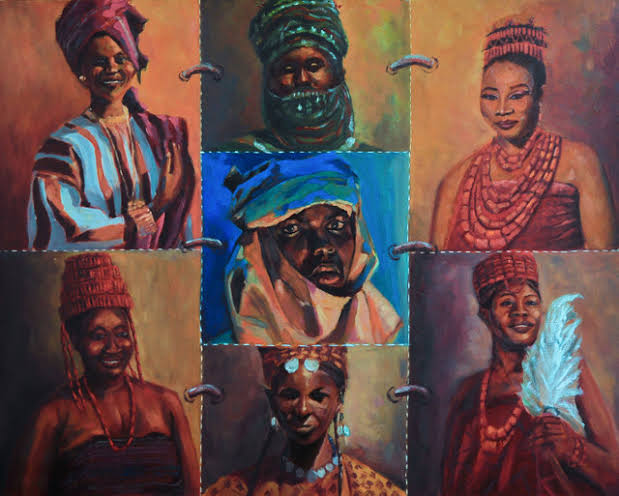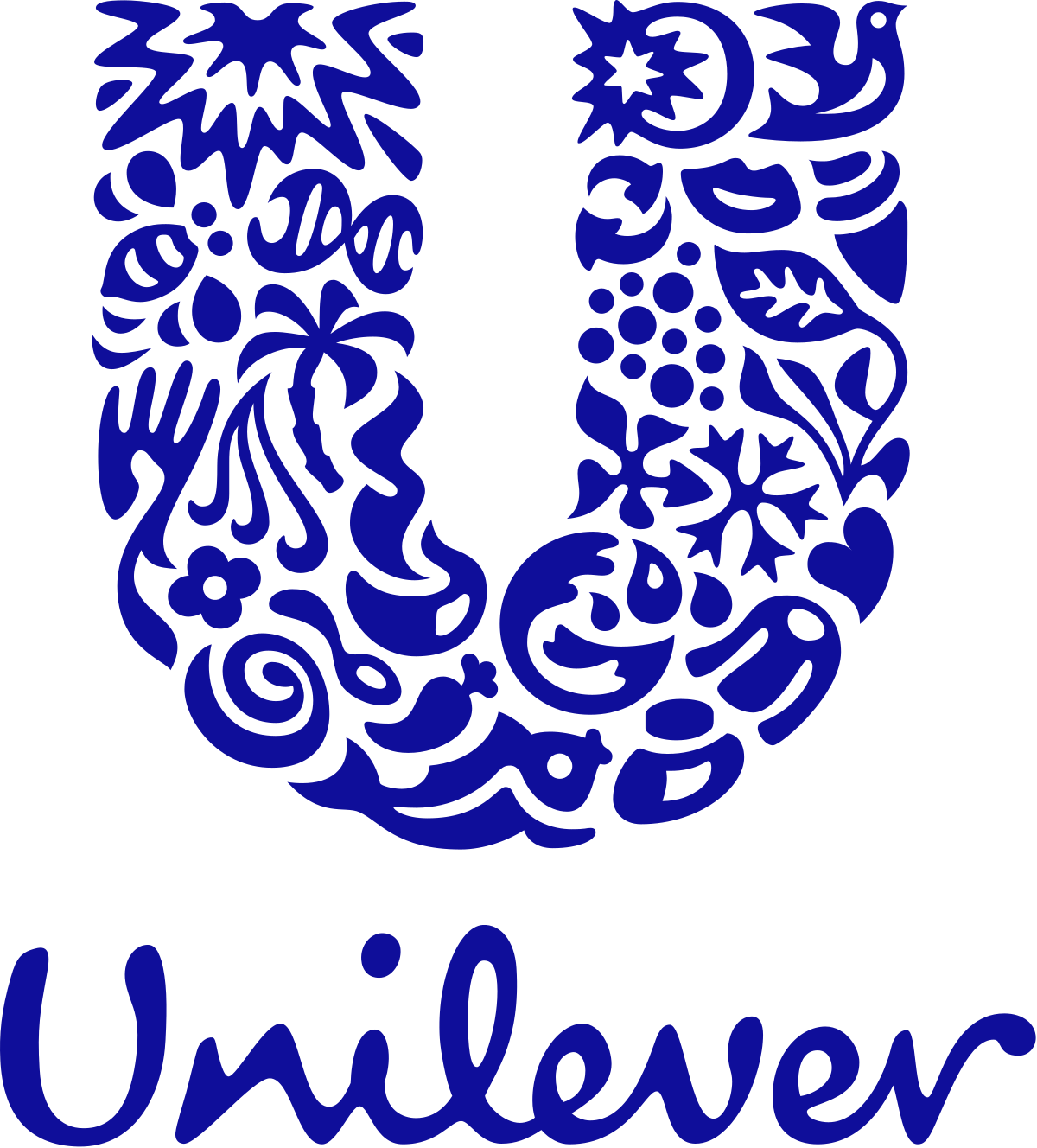
Nigeria’s linguistic diversity sparks call for culturally driven messaging technologies
By Zion Rufus
Incorporating culturally driven features in messaging technologies now holds the promise of deeper cultural integration, smoother communication, and the preservation of languages and traditions as users increasingly seek authentic and relatable communication experiences
Particularly in Nigeria where the diverse linguistic landscape is expected to add layers of complexity to this transformation, the tech industry now has a unique opportunity to create a more inclusive and culturally enriched digital experience.
Championing this knowledge, Fehintola Onajobi, a senior creative strategist at Livespot360 shared a thought-provoking insight into the world of communication.
Emphasizing the importance of culturally driven features in messaging technologies like WhatsApp, Fehintola recounted an eye-opening experience during her travels, where she observed a Hausa-speaking man effectively communicating with his client through voice notes exchanged in the Hausa language via WhatsApp Business.
Following the real-life scenario which led her to propose an innovative feature: a language-centric keyboard for indigenous languages such as Hausa, Igbo, and Yoruba, the creative strategist suggested that by introducing specialized keyboards tailored to the linguistic intricacies of each language, WhatsApp could revolutionize the communication experience for users who are more comfortable expressing themselves in their native tongues.
This integration of culturally driven features, she argued, will not only revolutionize the way we communicate, but also preserve the rich tapestry of languages and traditions that define Nigeria’s identity.
Yomi Martyns, Associate Director of business and strategy at CenterspreadGrey, supported Onajobi’s concept.
Buttressing the significance of culture-centric features in apps while considering WhatsApp’s widespread use among Nigerians, Martyns highlighted the growing adoption of Voice Notes as a veritable means of communication, particularly among specific user categories.
Idowu Ayodele, Head Growth Officer at Connect Marketing Services, further extended the idea.
In the Linkedin conversation, Ayodele suggested that cultural adaptation shouldn’t just be proposed to WhatsApp but also to the Nigerian government.
The growth officer believes that integrating cultural elements into apps, starting with language, would enrich the digital landscape.
Ranti Atunwa, creator of Bkna Rkna also shared an innovative addendum to the proposal. In his contribution, Atunwa suggested a feature that could translate voice notes into various languages, fostering seamless communication across linguistic barriers.
Aleshinloye Abass David, CEO of Xperientia Concepts, echoed the sentiment.
While revealing that this cultural insight had been on the horizon since the early 2000s, David opined that messaging technologies like WhatsApp and Facebook Messenger are primed for an upgrade that harmonizes cultural values through language and visual representation.
Emem Josiah, Trade Development Manager at Monster Energy, touched upon the preservation of languages as a crucial aspect. He noted that integrating culturally driven features would bridge communication gaps between generations, allowing grandparents to connect with grandchildren and pass down undocumented histories.




Comment
No comments found.